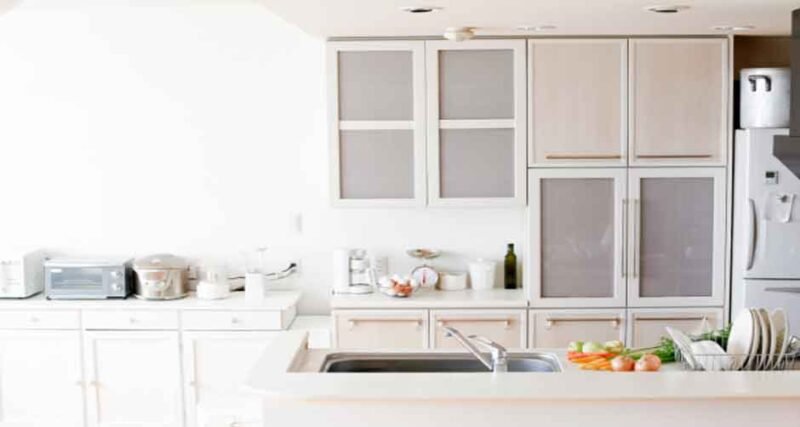
As much as you love spending time in your kitchen, it’s no secret that this area of the house is prone to plumbing issues. From clogged sinks and leaky faucets to malfunctioning garbage disposals, there’s always something that needs fixing. The good news is that most kitchen plumbing problems can be solved without needing a professional kitchen plumbing repair. With just a little bit of knowledge and some basic tools, you can save yourself time and money by tackling these issues on your own. Take a closer look at some of the most common kitchen plumbing issues and how you can fix them.
Clogged Sink
A clogged sink is a frustrating and all-too-common problem in kitchens. It is usually caused by food particles, grease, or other debris that builds up over time in your pipes, according to GreaseCycle, a professional oil recycling Fayetteville NC company. To fix this issue, you can use a plunger or a drain snake to clear out the blockage. Mix baking soda and vinegar, followed by hot water, to break down any stubborn clogs.
Dripping Faucet
A dripping faucet wastes water and can be annoying to listen to. This issue is often caused by a worn-out washer or O-ring, inexpensive parts you can easily replace. However, if you’re not comfortable with DIY repairs, it’s best to call a professional to avoid causing further damage.
Leaky Garbage Disposal
A leaky garbage disposal can be a messy and unpleasant problem to deal with. It is typically caused by loose or damaged connections between the disposal and drain pipe. To fix this issue, turn off the power to the disposal. Then, check for any loose connections or cracks in the pipes. If you find any, tighten or replace them as needed.
Low Water Pressure
If your kitchen faucet is suddenly producing a weak stream of water, it could be due to a buildup of mineral deposits in the aerator. Unscrew and clean the aerator using vinegar to remove blockages and restore normal water pressure.
Preventing Future Issues
Once you’ve successfully fixed a kitchen plumbing issue, prevent it from happening again. This includes regularly cleaning your drains and properly disposing of food waste to avoid clogs, checking for leaks or drips and addressing them promptly, and being mindful of what you put down at your garbage disposal.
In conclusion, while kitchen plumbing issues may seem daunting at first, they can often be resolved with little knowledge and effort. By identifying the problem, using the right tools and techniques, and taking preventative measures, you can save yourself time and money in the long run. But if you encounter a problem you’re uncomfortable fixing on your own, it’s always best to call a professional plumber.


